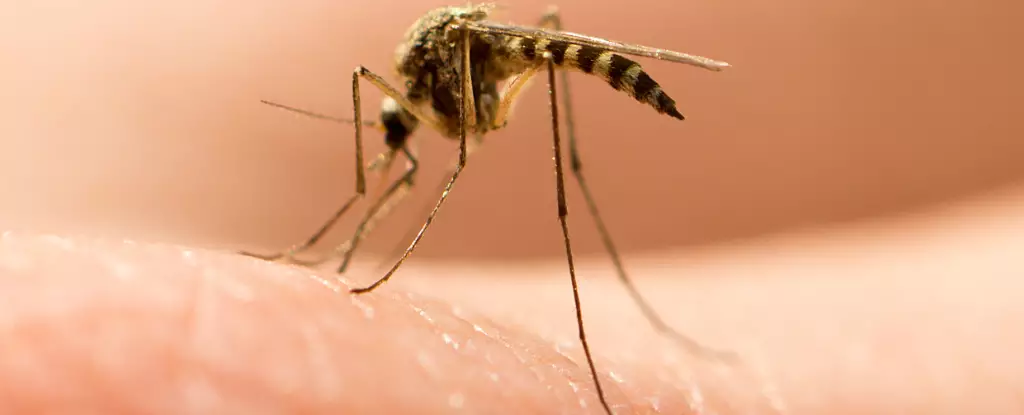A tragic incident has occurred in New Hampshire, where a person from the town of Hampstead has died after contracting the rare mosquito-borne eastern equine encephalitis (EEE) virus. This case has raised concerns among health authorities as it marks the first reported human infection in the state since 2014. The New Hampshire Department of Health and Human Services (DHHS) revealed that the patient, identified as an adult, was hospitalized with severe central nervous system disease before succumbing to the illness.
Eastern equine encephalitis is a serious illness that can lead to devastating outcomes. Symptoms of EEEV infection include fever, headache, vomiting, diarrhea, seizures, behavioral changes, and drowsiness. In severe cases, it can cause inflammation of the brain and membranes around the spinal cord, resulting in encephalitis and meningitis. Shockingly, approximately 30% of those infected with EEE virus do not survive, and many survivors are left with long-term physical or mental impairments. It is crucial to note that individuals under the age of 15 and over the age of 50 are at higher risk of severe complications.
As there are currently no vaccines or specific treatments available for EEE virus, it is essential to focus on preventive measures to reduce the risk of infection. Health officials recommend using insect repellent, wearing protective clothing when outdoors, and eliminating standing water around homes, which serves as breeding grounds for mosquitoes. In addition, state governments have been taking actions such as implementing voluntary curfews, closing public parks, and conducting aerial and ground spraying to control the mosquito population.
The recent spike in EEE virus cases in the northeastern United States has been linked to climate change, which is believed to be contributing to the spread of mosquito-borne illnesses. With rising temperatures and changing weather patterns, the risk of EEE virus transmission is expected to increase. It is crucial for public health officials to raise awareness about the importance of mosquito control and personal protection measures to prevent further outbreaks of this deadly virus.
The tragic death of the individual from New Hampshire serves as a somber reminder of the serious threat posed by mosquito-borne diseases like EEE virus. By taking proactive steps to protect ourselves and our communities from mosquito bites, we can help reduce the risk of infection and safeguard public health. Stay informed, stay vigilant, and together, we can combat the spread of EEE virus and other mosquito-borne illnesses.


Leave a Reply